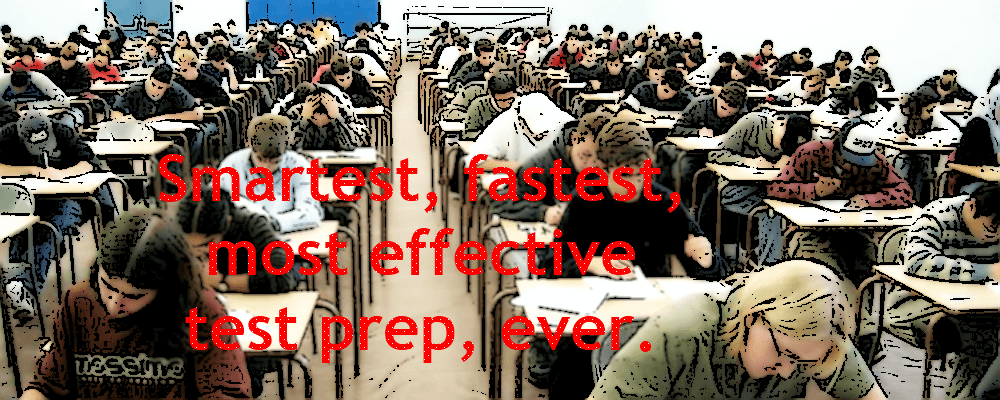75 multiple-choice questions, 60 minutes
Calculator not allowed
Units are expressed in Metric System only
Mechanics
Kinematics, such as velocity, acceleration, motion in one dimension, and motion of projectiles
Dynamics, such as force, Newton’s laws, statics, and friction
Energy and momentum, such as potential and kinetic energy, work, power, impulse, and conservation laws
Circular motion, such as uniform circular motion and centripetal force
Simple harmonic motion, such as mass on a spring and the pendulum
Gravity, such as the law of gravitation, orbits, and Kepler’s laws
Electricity and magnetism
Electric fields, forces, and potentials, such as Coulomb’s law, induced charge, field and potential of groups of point charges, and charged particles in electric fields
Capacitance, such as parallel-plate capacitors and time-varying behavior in charging/ discharging
Circuit elements and DC circuits, such as resistors, light bulbs, series and parallel networks, Ohm’s law, and Joule’s law
Magnetism, such as permanent magnets, fields caused by currents, particles in magnetic fields, Faraday’s law, and Lenz’s law
Waves and optics
General wave properties, such as wave speed, frequency, wavelength, superposition, standing wave diffraction, and Doppler effect
Reflection and refraction, such as Snell’s law and changes in wavelength and speed
Ray optics, such as image formation using pinholes, mirrors, and lenses
Physical optics, such as single-slit diffraction, double-slit interference, polarization, and color
Heat and thermodynamics
Thermal properties, such as temperature, heat transfer, specific and latent heats, and thermal expansions
Laws of thermodynamics, such as first and second laws, internal energy, entropy, and heat engine efficiency
Modern physics
Quantum phenomena, such as photons and photoelectric effect
Atomic, such as the Rutherford and Bohr models, atomic energy levels, and atomic spectra
Nuclear and particle physics, such as radioactivity, nuclear reactions, and fundamental particles
Relativity, such as time dilation, length contraction, and mass-energy equivalence
Miscellaneous
General, such as history of physics and general questions that overlap several major topics
Analytical skills, such as graphical analysis, measurement, and math skills
Contemporary physics, such as astrophysics, superconductivity, and chaos theory

